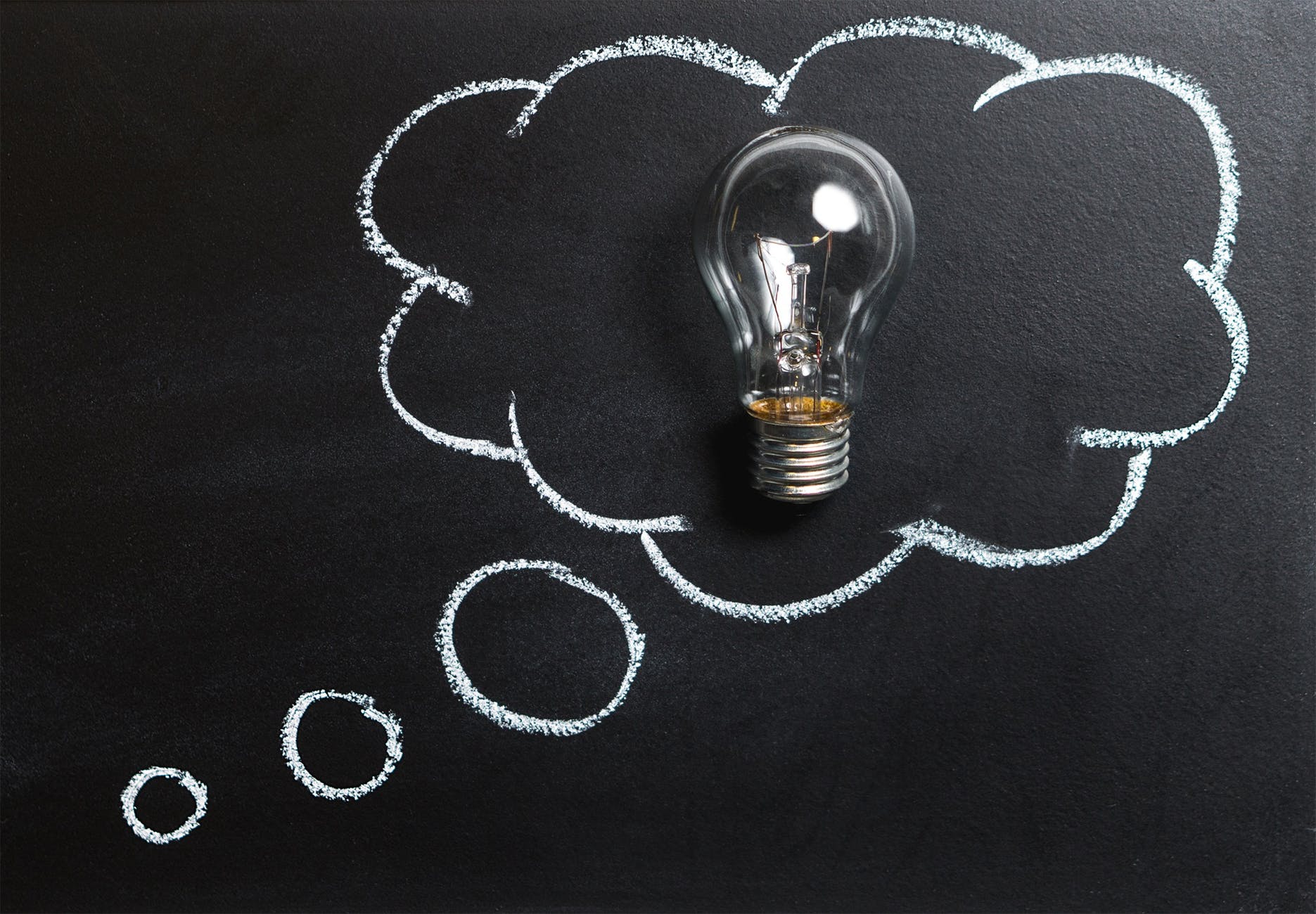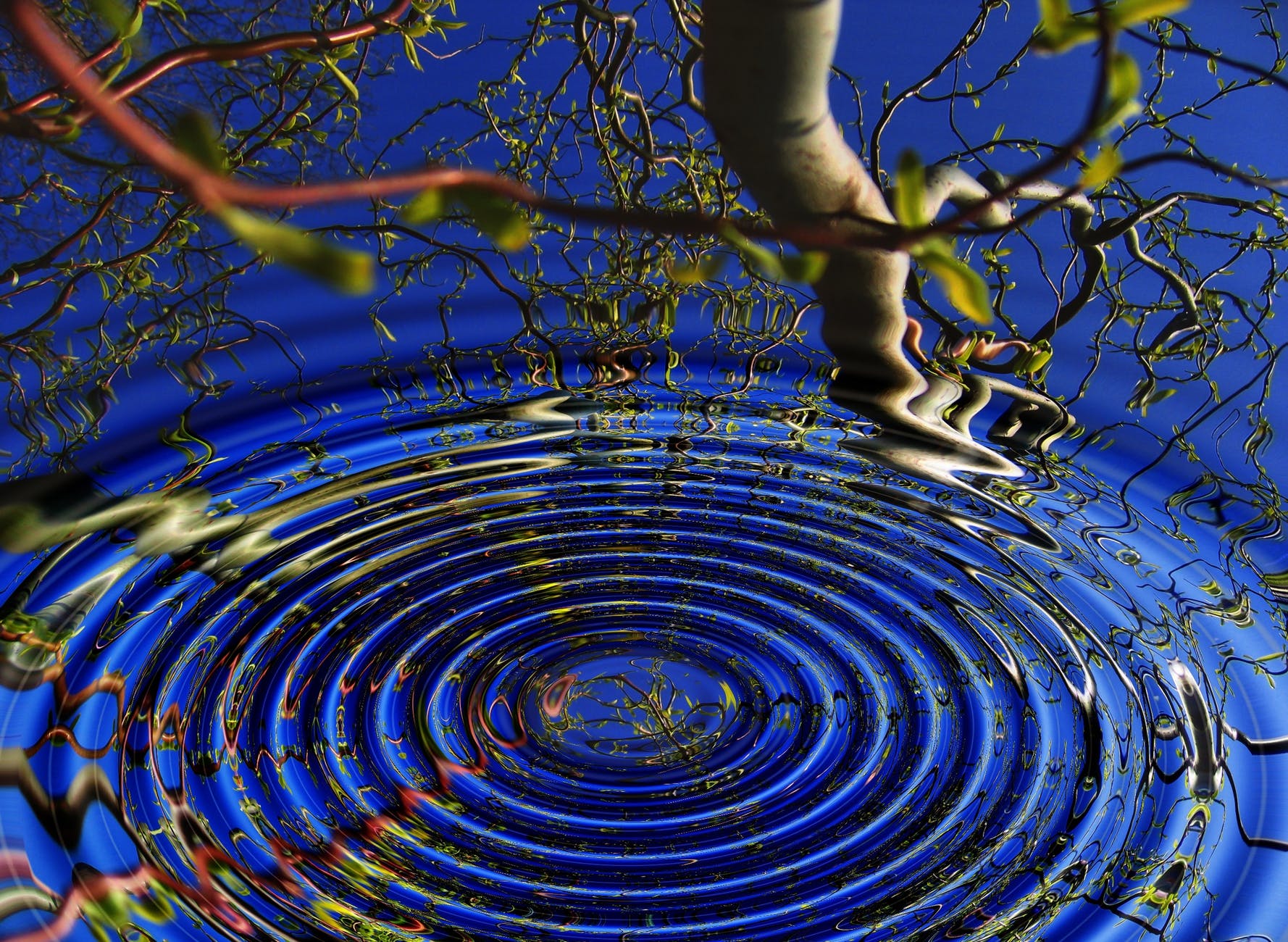Room for Reflection

Time to reflect is often missing from a fast pace lifestyle. Yet without reflection, self-awareness and conscious decision making slip by the wayside. Reflection is an opportunity to stop and think. With practice your reflective process can be a profound opportunity to hear your wise inner voice. With reflection, you can increase your awareness of “the big picture”, be more aware of beliefs and attitudes you want to foster or change, make decisions based upon your values and desires, and be at peace. Reflection may become a spiritual experience, during which you prayerfully connect to your Higher Power.
Before deciding how to reflect, you need space and time for reflection. Donald Alan Schon coined two terms I like: reflection in action and reflection on action. In high

gear, where most of us spend our time, briefly pause to reflect upon what is happening. This is Schon’s concept of reflection in action. Stopping to consider your next action can keep you safe, or allow you to follow your joy. In a heated conversation, pausing before you respond may prevent career-limiting or relationship-damaging words. Take a moment to ask yourself such questions as, “What is he/she really saying?” or “How do I feel about what just happened?” Creating a pause to reflect in action is difficult. You can try rescheduling: “Can I call you back in 5 minutes?” You can pause a conversation by taking a sip of water or a deep breath. When emotional, you might pause, count to ten, and then reflect before responding.
Reflection on action requires down shifting from our usual fast pace to create space. Sacred space can be a physical place, such as a garden, a religious building, or a quiet space in your home. You must also create sacred space in your schedule; time when you allow yourself to reflect.
In the paradigm of holistic health, a reflective practice is essential. Holism recognizes that each being is complex, interrelated, and whole. This concept is often explained as mind, body and spirit. When we have emotional, physical or spiritual distress, it affects on our whole self. You have probably noticed that emotional distress can affect your physical health and vice versa.
Consider something as simple as a headache. There are countless causes of headaches, but stress is a common one. Reflect on your last stress headache. Why were you stressed? Was it an isolated incident, or a frequent pattern? Were you responding to an event, or a relationship? What emotions, beliefs, values, or attitudes were involved? What can you change to prevent future stress? Does a person who annoys you remind of a past relationship that still needs some healing? Can you change your commute to work and relieve the stress of being late? Do you see why someone “pushes your buttons” and find a new way to respond? (Gentle reminder: you can change yourself, but not others!) These are just a few examples; the answers found in reflection are individual and personal.
When I need to reflect on action, I like journaling. I create a quiet time and space, write “What is really going on?” at the top of the page, and just start writing. I can apply that question to a headache, relationship woes, or business challenges. It doesn’t need to be well written. I might even destroy my writing after I find my answer. Sometimes insight arrives immediately. Occasionally it takes time, and I need to continue questioning until I gain insight.
 Reflecting on action can be done in many ways. You might be able to simply sit back and let your thoughts wander, awaiting wisdom. You may prefer to consciously shift to the creative side of your brain by knitting, gardening, painting, or coloring a mandala. If you are unable to sit still, you might do best with activities that calm the mind, often called moving meditations. Walking in nature, doing tai chi, or taking a yoga class are all moving meditations.
Reflecting on action can be done in many ways. You might be able to simply sit back and let your thoughts wander, awaiting wisdom. You may prefer to consciously shift to the creative side of your brain by knitting, gardening, painting, or coloring a mandala. If you are unable to sit still, you might do best with activities that calm the mind, often called moving meditations. Walking in nature, doing tai chi, or taking a yoga class are all moving meditations.
Create a sacred space and time. Allow your mind to quiet. Reflect!
Previously published by the Port Planet in Gale’s column titled, “The mind-body-spirit connection.”
